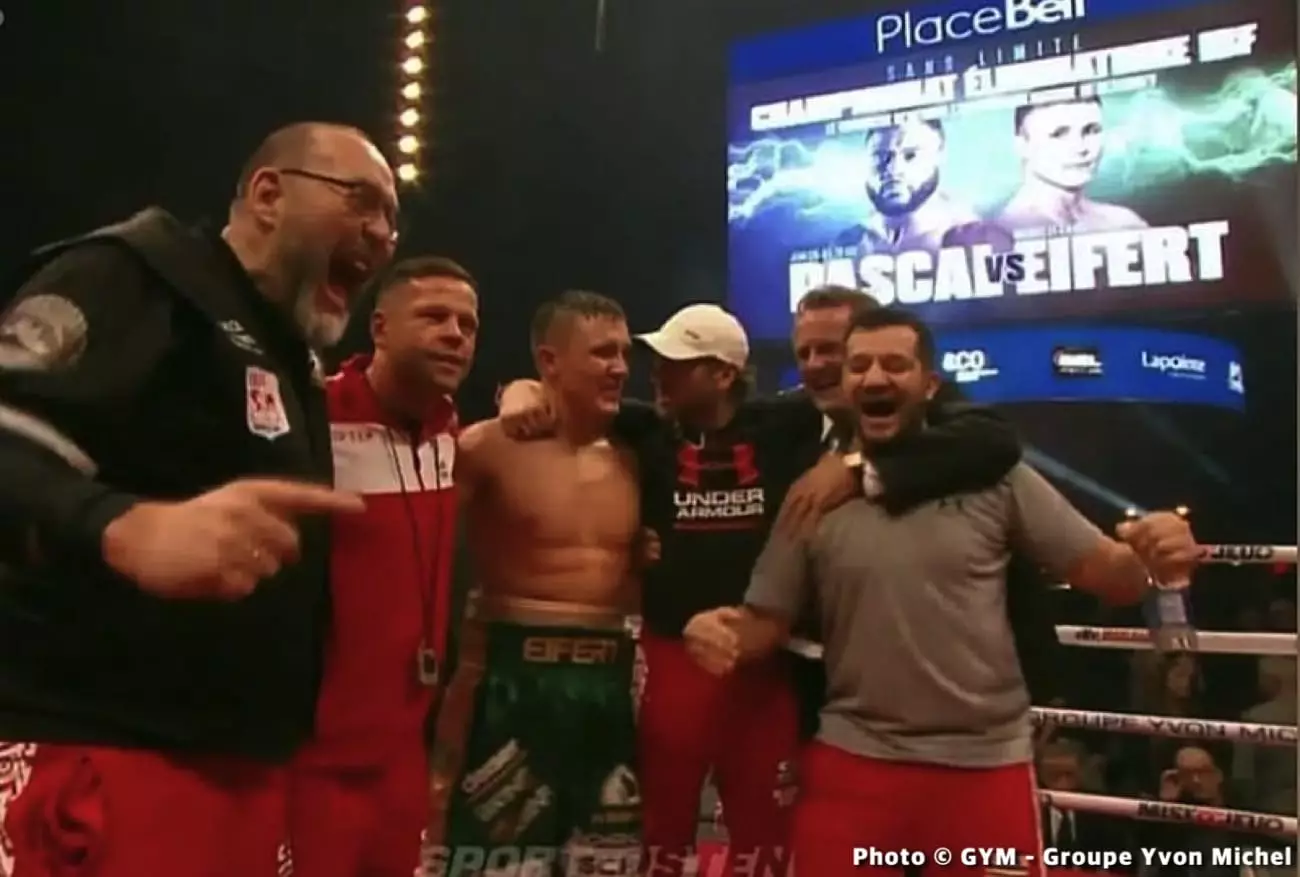In a surprising turn of events, the International Boxing Federation (IBF) has created obstacles for the anticipated rematch between the undisputed light heavyweight champion Artur Beterbiev and Dmitry Bivol. By mandating that Beterbiev defend his title against Michael Eifert, the IBF has shifted the focus away from what many believed would be a straightforward path to a sequel between the two prominent fighters. This decision raises questions regarding the regulatory power of boxing organizations and their impact on the sport’s marquee matchups.
Eifert, a lesser-known German boxer with a professional record of 13 wins and just 1 loss, ascended to mandatory challenger status by achieving a decisive victory over veteran Jean Pascal. This accomplishment, however, places Eifert at the forefront of Beterbiev’s title defense plans, thereby complicating the prospects of fans yearning for a rematch following their previous encounter, which left lingering questions and controversies.
At just 26 years old, Eifert might seem an underdog in this scenario. His most recent performance against Carlos Eduardo Jimenez, whom he dispatched in the second round, will likely not suffice to demonstrate his readiness to face a fighter of Beterbiev’s caliber. However, the boxing world has seen far greater upsets, and if Eifert can leverage this moment well, he may very well capitalize on the spotlight that this IBF decision has thrust upon him.
As Beterbiev remains focused on defending his title, the ramifications of this mandatory defense extend beyond the ring. The dynamics of the fight game are often influenced by the emerging contenders and the promotions’ business decisions. Eifert’s rise could symbolize a shifting tide in the world of light heavyweight boxing—a landscape that often sees the same names cycling through the championship ranks.
Dmitry Bivol’s team, recognizing the potential fallout from this IBF mandate, has taken proactive steps by appealing to all four of boxing’s major sanctioning bodies—IBF, WBA, WBC, and WBO. They emphasize the contentious outcome of their recent bout in Riyadh on October 12, and the desire to ensure that Beterbiev is not sidestepped in favor of upcoming mandatory challengers.
However, this appeal seems unlikely to sway the IBF’s decision regarding Eifert, especially given the organization’s tendency to uphold their mandates. Bivol’s advocacy in this context highlights the complexities and often contentious nature of championship boxing, where business interests frequently interplay with athletes’ ambitions.
In light of the IBF’s ruling, a step-aside deal could emerge as a viable option for Beterbiev. Such an arrangement would allow him to address Eifert’s mandatory challenge while opening the door for an eventual rematch with Bivol, a prospect that holds considerable commercial promise. Yet, for Eifert, the opportunity to challenge Beterbiev directly may be too enticing to forego, given that victories can catapult his career significantly.
The IBF’s ruling has ushered in an era of uncertainty not only for Beterbiev but also for the light heavyweight division at large. The unfolding narrative underlines the ongoing battle between regulatory authorities and the fighters’ aspirations in one of boxing’s most competitive categories. The immediate future promises thrilling developments, although the pathway remains fraught with challenges for all involved.

